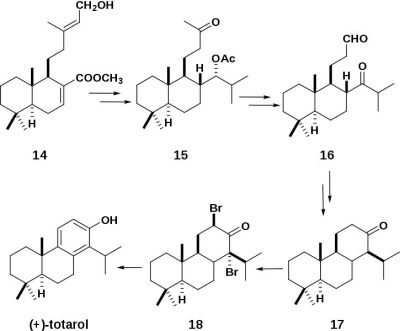New catalyst for chemical synthesis

Chemical synthesis, fot. public domain
EU-funded researchers have developed a new modular type of catalyst that will make the synthesis of complex chemicals (such as pharmaceuticals) cheaper and quicker.
Catalysis is a crucial part of modern chemical synthesis. Asymmetric
catalysts are especially important as they help produce enantiomers
(compounds that cannot be superimposed over their mirror images, like
left and right hands).
The 'New modular self-assembled homogeneous catalysts for asymmetric
synthesis in water' (MODUCAT) project aimed to produce a new class of
modular catalysts. Researchers aimed to bond different catalysts
responsible for activity and for enantio-selectivity into one catalyst
that could perform both functions.
Researchers first tested gold nanoparticles with certain chemical
groups attached. This approach was helpful in allowing them to model the
process, but presented some problems in practice.
Next, they tested micelles (aggregated fat molecules, almost like
bubbles) as these provided compartments that could contain other
catalysts. These proved much more effective as modular catalysts,
successfully catalysing the model reaction used in the MODUCAT project.
Further studies of this reaction helped researchers better
understand the requirements for an effective modular catalyst. The
MODUCAT project concluded that developing modular catalysts that
function in an aqueous solution is a feasible goal and should be pursued
for commercial application.
published: 2015-01-29